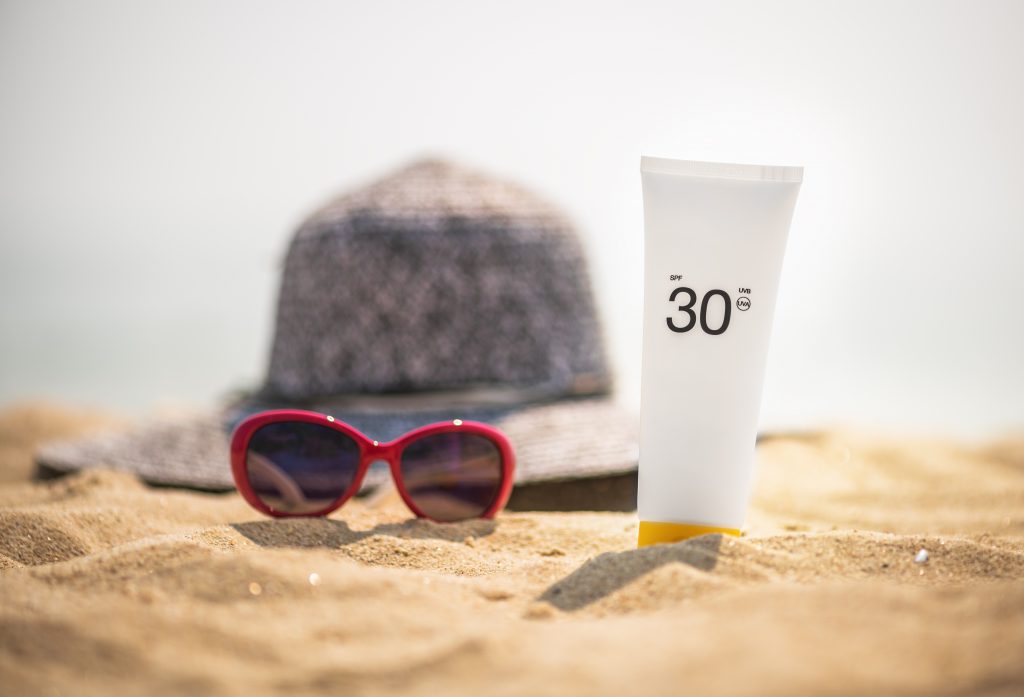Does Sunscreen Deprive the Body of Vitamin D?

The short answer is no. The body does need healthy levels of vitamin D for good reasons. Although some claim that skin protection with sunscreen limits the body’s ability to develop vitamin D naturally, that myth should be dispelled. The body requires vitamin D because:
- It helps with bone growth, and deficiency in vitamin D can increase the risk of osteoporosis.
- It boosts the immune system, warding off some diseases with a deficiency and opening the risk to various ailments.
Some people question whether you can protect your skin using sunscreens and coverups without depriving the body of the vitamin D it needs. The sun has UVB rays that interact with the skin’s protein and convert it into vitamin D3, which is where this belief started. However, there is no evidence that using sunscreen will lead to a deficiency in vitamin D. There are other dietary choices that are proven to provide the body with vitamin D and don’t come with the risk of damage to the skin.
Any exposure to the sun without sunscreen can damage the skin and lead to other problems, such as early signs of skin cancer. Although the temptation may be to try your luck in the sun to soak up all the vitamin D your body needs, this is not the best or easiest way for your body to meet its vitamin D needs. There are other ways to get vitamin D if you have low amounts.
Vitamin D Benefits
Your doctor may have told you to increase your vitamin D intake because it is responsible for keeping bones strong and promoting growth. Vitamin D regulates calcium levels, and maintaining vitamin D levels is critical to bone health. Aging adults should be aware of their vitamin D levels and alter their diet to include foods that offer vitamin D.
Risks Associated with Vitamin D Deficiency
People with a deficiency in vitamin D may seek medical help for muscle aches and weakness or pain in their bones. In severe deficiencies, calcium absorption is greatly reduced and will slow bone growth, and soften bones, making them weaker and more fragile. Over time, those with extremely low vitamin D may be at higher risk of osteoporosis and fractures. As people age, maintaining bone health is even more essential.
Sun Protection is Necessary
Studies have repeatedly shown that sun exposure can damage skin and cause serious skin diseases. Research shows that using a daily SPF of 15 or higher can reduce the chances of getting skin cancer by 40-50 percent. Additionally, sun exposure is connected to premature aging, and protecting skin daily from the sun’s rays can reduce this significantly.
Risk of Unprotected Sun Exposure
It is a fact that the sun’s UV rays damage the skin on a cellular level and can create mutations that result in skin cancer. The Department of Health and Human Services and the World Health Organization uphold the evidence that UV rays contain proven human carcinogens that are responsible for more than 80 percent of both melanoma and squamous cell carcinomas. UV rays also put eyes at risk and can cause permanent damage. Daily sun protection can prevent premature aging, protect the skin from a higher risk of skin cancer, and protect your eyes from damage.
Adequate Vitamin D Levels
Typically, people find out their vitamin D levels following a blood draw. Annual checkups often include this to get a fuller picture of what’s happening inside the body. Doctors often look for a number higher than 50. Anything lower than 50 is considered a deficiency, and your doctor may suggest supplements, but if this low level is maintained, bone health is at risk.
Sunscreen Does Not Prevent the Absorption of Vitamin D
Although high SPF sunscreens are meant to protect the skin from most of the sun’s harmful UVB rays, which are the rays that trigger vitamin D production in the skin, there is no evidence that daily sunscreen users can’t maintain healthy vitamin D levels. Studies show that even with high SPF sunscreen use, some of the sun’s rays still get to your skin. Different SPF levels provide different protection. Lower SPF, like 15, will filter out 93 percent of the UVB rays, whereas SPF 50 filters out 98 percent, which means that some sun is still reaching your skin.
Protecting the skin from the sun’s harmful rays is the best way to prevent damage and lower the risk of skin cancer. If you have never had a skin cancer screening, schedule one today. Dr. Sherrie Straughn at Buckhead Dermatology is a professional with decades of experience helping clients identify early signs of skin cancer and address any concerns. Contact us today!
